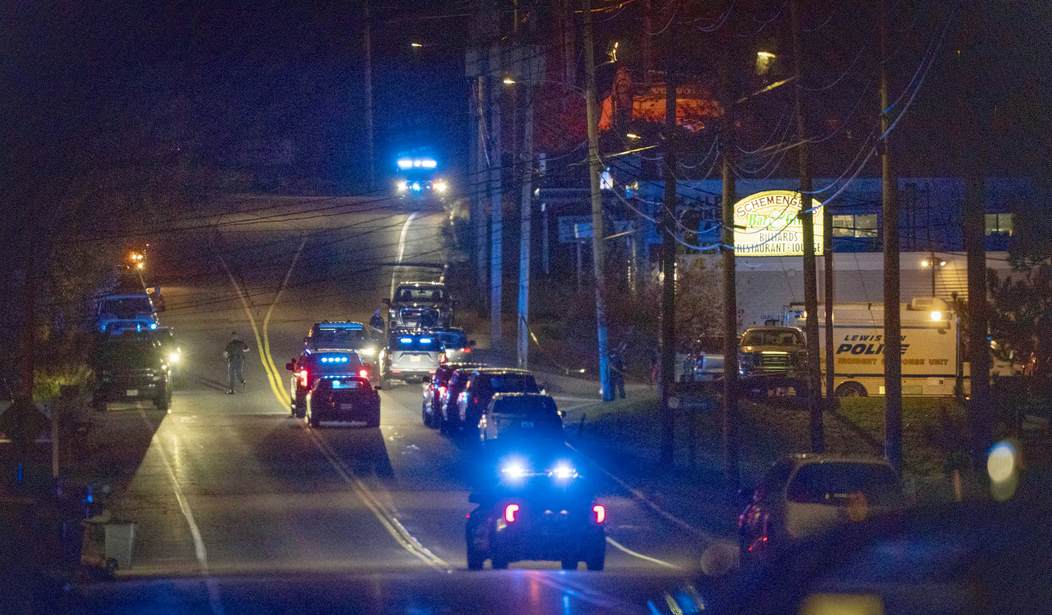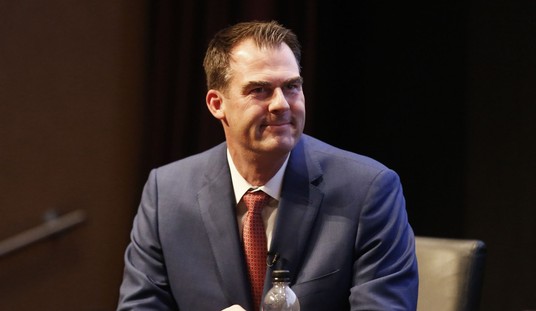What happened in Lewiston was awful and we all know it. That’s about the only thing everyone seems to be able to agree on, though.
For a lot of people, the issue is that Maine has minimal gun control. They don’t restrict so-called assault weapons or magazine capacity, nor do they have people jump through tons of hoops just to exercise their right to keep and bear arms.
And we’re going to hear all about it going forward, to be sure.
Yet writer Jacob Sullum argues that the problem wasn’t the lack of gun control.
On its face, Maine’s “yellow flag” law, enacted in 2019, could have made a crucial difference in this case. It authorizes police, after taking someone into “protective custody” based on probable cause to believe he is “mentally ill” and poses a threat to himself or others, to ask a “medical practitioner” for an assessment of whether the detainee “presents a likelihood of foreseeable harm.”
If the medical practitioner thinks so, police “shall” seek a court order temporarily barring the individual from obtaining or possessing firearms. The respondent is entitled to a hearing within 14 days, after which the order can be extended for up to a year based on “clear and convincing evidence” of a threat.
Since the Maine killer was released after his psychiatric evaluation at West Point’s Keller Army Community Hospital, where he stayed for two weeks, he apparently did not meet the state’s criteria for involuntary commitment. But that needn’t have been the end of the matter.
…
First, this looks like a situation where Maine’s law could have been used but for some reason was not. Second, the state’s requirements are aimed at minimizing the number of people who lose their Second Amendment rights for no good reason.
Weaker protections for respondents might make effective intervention more likely. Or they might not.
Despite what in retrospect look like clear warning signs, New York’s “red flag” law did not prevent the massacre that killed 10 people at a Buffalo supermarket in 2022. Nor did California’s “red flag” law prevent two mass shootings that killed 18 people in that state last January.
That last point is important, but I’d add that it didn’t stop Colorado Springs, either, to say nothing of felony charges for previous threats.
Gun control is one of those things that when it fails, the issue is never that the law doesn’t work, only that there’s apparently not enough of it. Buffalo and the two shootings in California were both in heavily gun-controlled states, yet the issue in those debates was always about there still not being enough gun control.
In Maine, they don’t have those laws, but what law they have clearly didn’t stop the killer. As Sullum notes, though, the killer was in a psychiatric facility and they didn’t bother to use the “yellow flag” law, so why would a red flag law somehow work better?
I’m skeptical, to say the least.
The problem we often see is that the red flags that are so obvious to us in hindsight often aren’t that clear to people at the time.
Yes, this guy made threats and had psychological problems, but it wasn’t until he acted on it that everyone knew that yeah, he really was a danger.
That’s what we see countless times with these shooters. No one puts the pieces together until afterward.
More gun control isn’t going to change that. It’s not suddenly going to make the world safer. It’s not going to prevent these shootings because, well, it hasn’t anywhere else.
Maine’s gun laws were never the issue. The issue was that in the one of the safest states in the nation, one guy crossed that line and no one seemed to act on the warning signs. We’re going to see it play out again just like that somewhere else, regardless of what laws are in place at the time.








Join the conversation as a VIP Member